methodologies
| We bring an appreciative, integrative and creative perspective.
Selection of some of the main methodologies we work with:
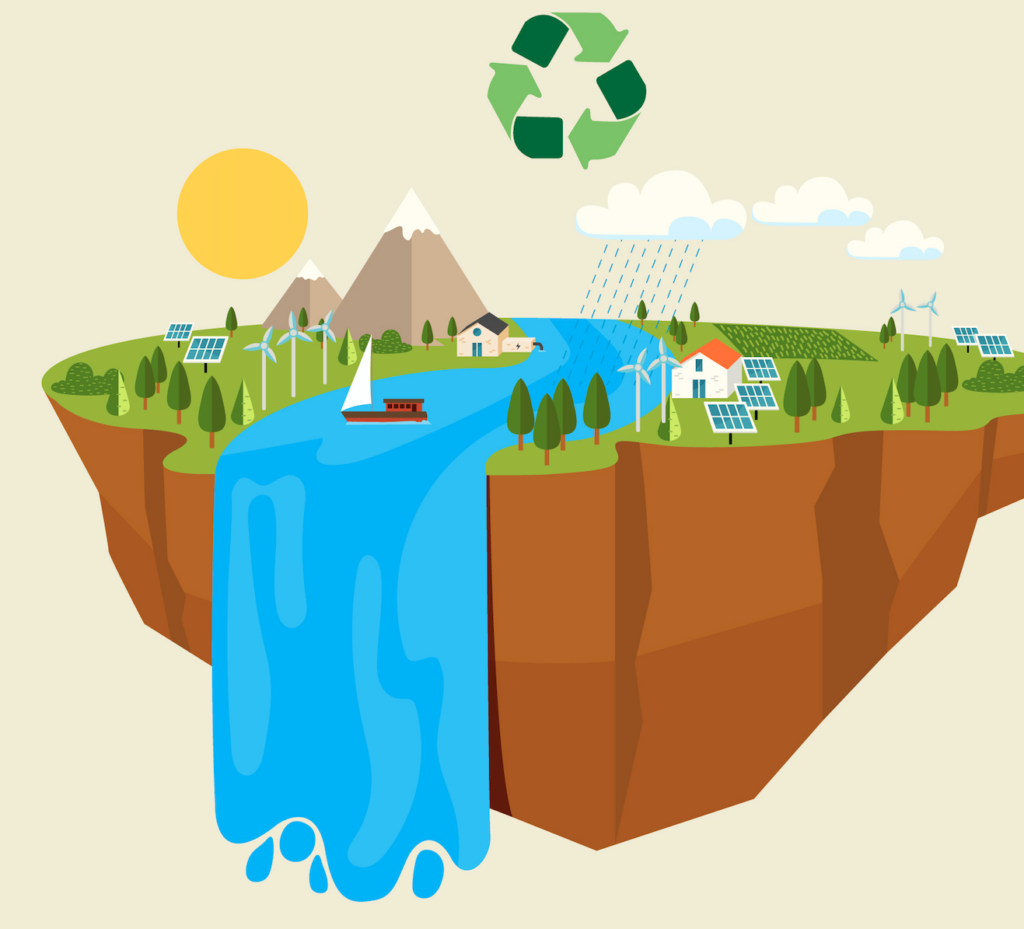
Imagine and explore desirable futures for more ecological and inclusive societies
Future Scenarios
The Future Scenarios methodology consists of imagining and exploring different possible futures through creative scenarios. This approach encourages participants to reflect on current and future societal challenges using participatory and collaborative methods. The aim is to stimulate critical thinking and cooperation to anticipate solutions and make informed decisions, while strengthening collective resilience in the face of uncertainty. It is used in various contexts to support decision-making and citizen engagement.
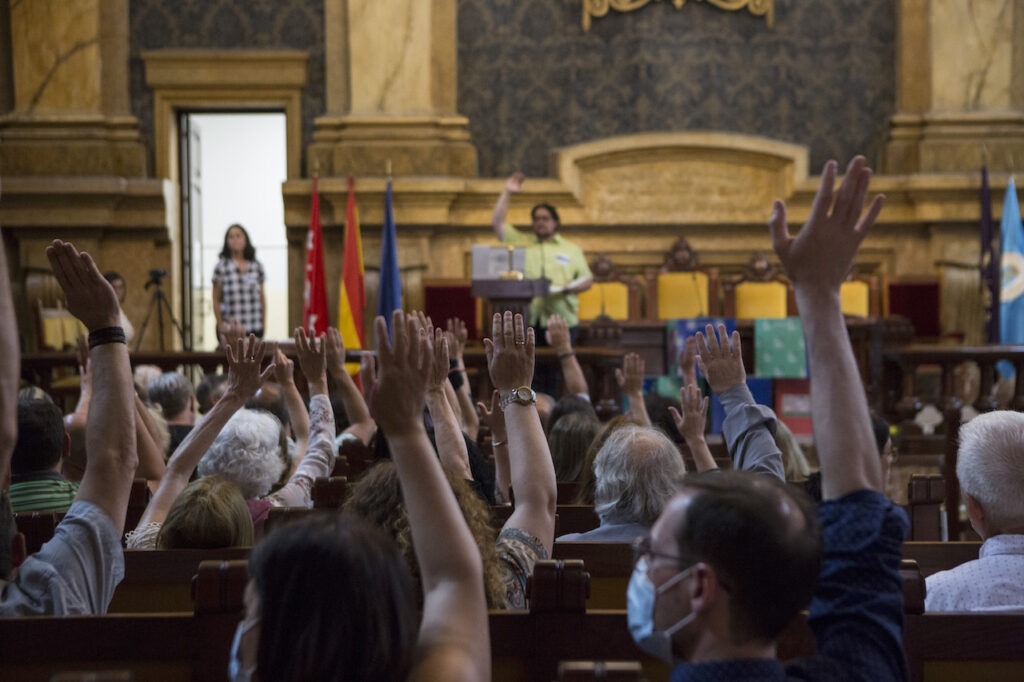
Engage citizens in discussions for climate and social justice
Citizen (Climate) Dialogues
Citizen Dialogues are local participatory processes aimed at engaging randomly selected citizens in discussion and deliberation on specific issues such as climate or social justice. Facilitated by dialogue experts, these processes enable participants to share diverse perspectives, assess possible solutions and formulate recommendations for decision-makers. They foster inclusive governance and strengthen the link between citizens and public institutions.
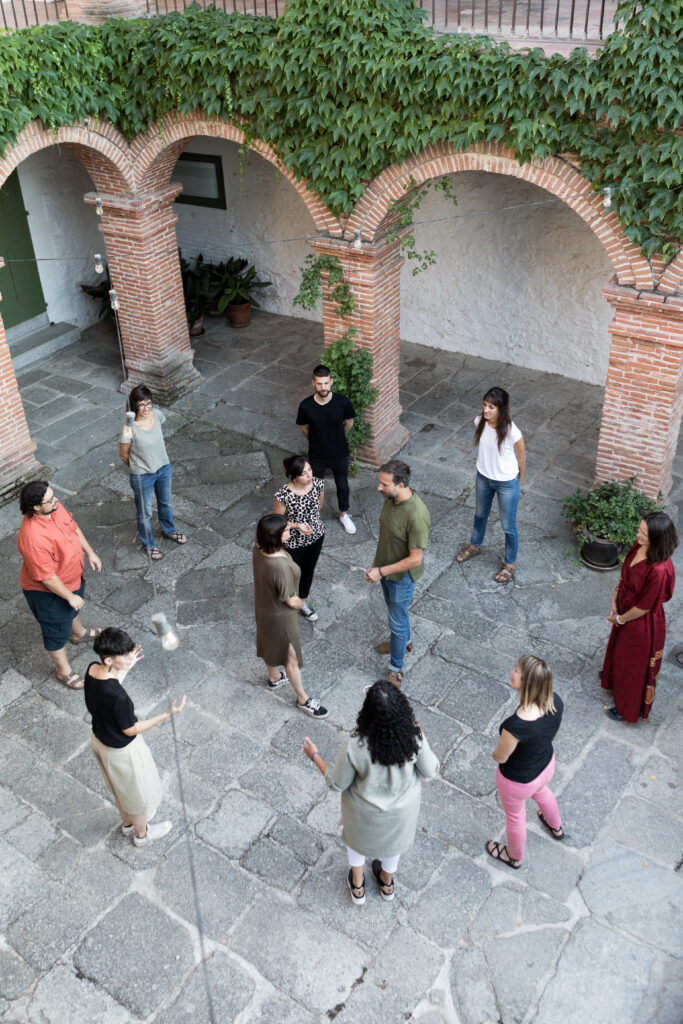
Create a space for dialogue and action, integrating collective emotional expression
Open Forums
Open Forums (Process Work) are a method for creating a space for community encounter and citizen participation. They bring together people from diverse backgrounds to exchange and collaborate around a common theme, fostering inclusion and the expression of all voices.
It is a public space where a community (or group) can better understand the diversity of ideas and feelings among its members. In this space, all points of view are important and welcome. It is useful for encouraging the expression of voices, emotions and diverse positions on an issue, deepening relationships and dialogue among these voices, allowing role exchanges, exploring new approaches, and holding space for difficult conversations.
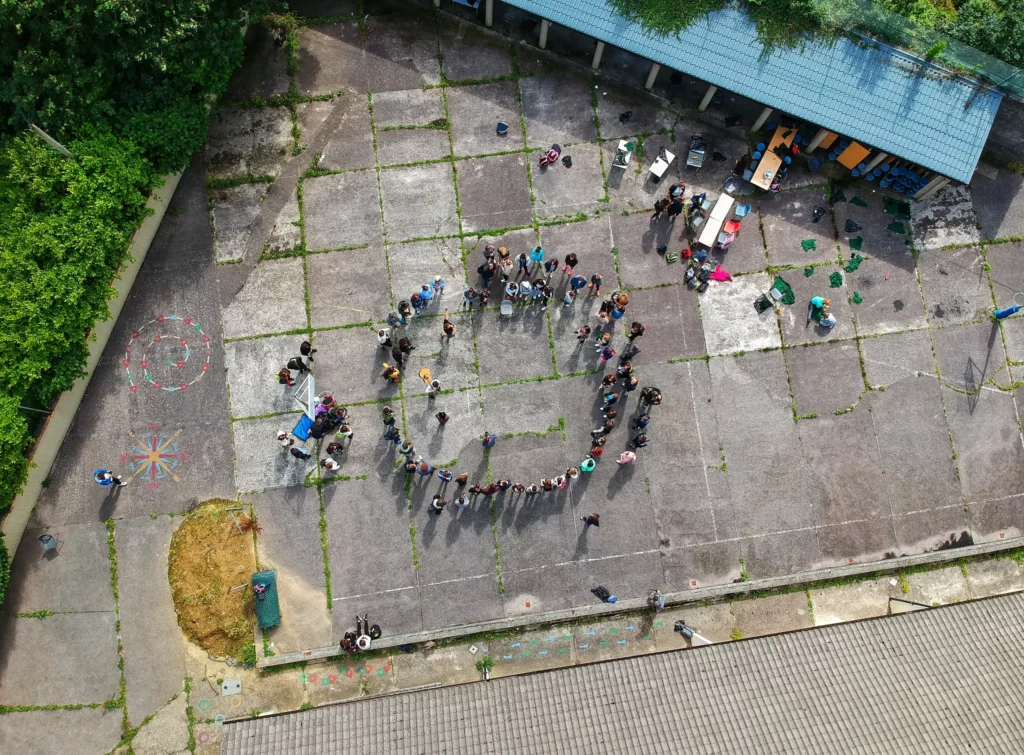
Explore, learn and share knowledge collectively around a common interest
Practice-Oriented Learning Communities
Practice-Oriented Learning Communities (CAPs) are spaces for research, creation, acquisition and deepening of knowledge oriented towards the practical work of the people and initiatives that make up these communities. They are groups of people who share a concern or a passion for what they do and learn to do it better as they interact. Knowledge emerges through interaction and participation focused on the learning of community members.
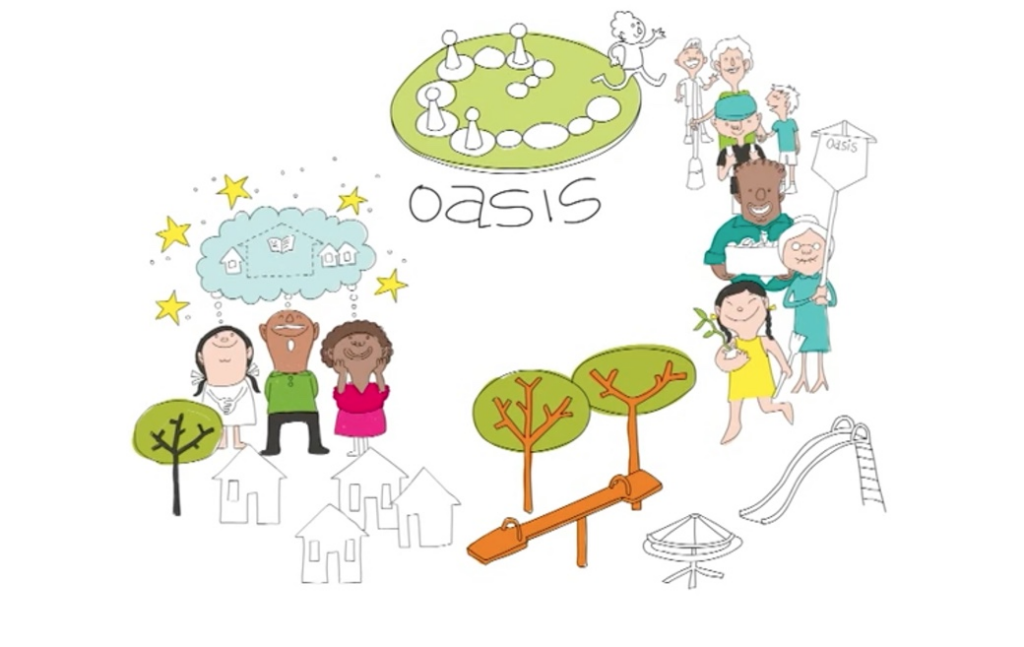
Mobilise a community to transform its space based on shared dreams
Oasis Game
The Oasis community game (Elos Institute, Brazil) is a process that invites a community to co-design, plan and implement transformations in the urban landscape and within the community itself, building on shared dreams. Imagining and developing spaces in a participatory and collaborative way offers a concrete experience of how it is possible to bring different people together to achieve visible, tangible improvements in our communities. The goal is to create “oases” — spaces where creativity, autonomy and solidarity meet to build a shared future.
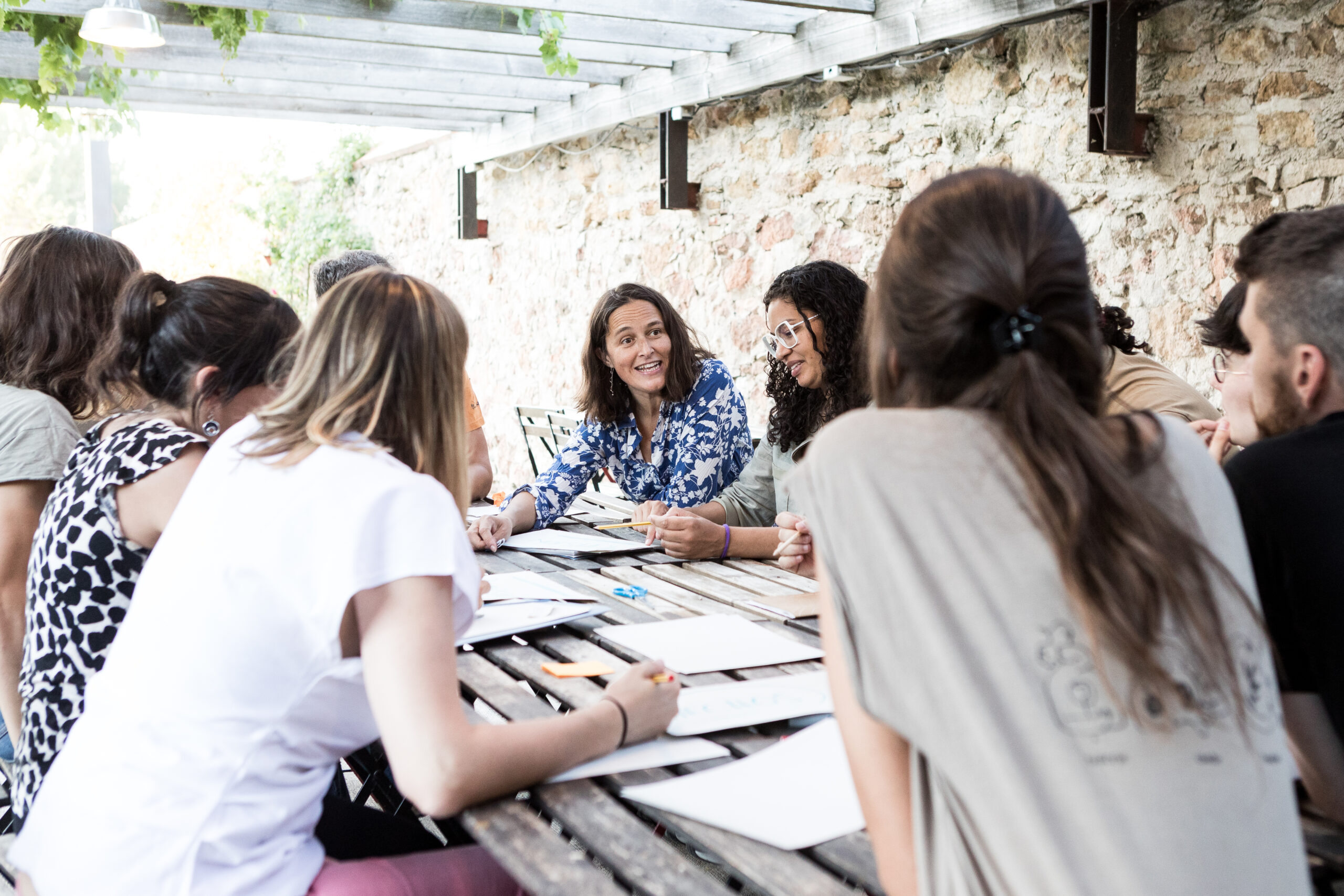
Governance through collective intelligence and co-responsibility
Sociocracy
Sociocracy is currently one of the most innovative governance systems, enabling co-participation and shared responsibility by giving power to collective intelligence in service of the organisation’s success. It is a school of personal and collective leadership where individuals commit to sharing power and achieving common goals based on a shared vision. From our experience, sociocracy aims to combine the strengths of hierarchical organisations (operational hierarchy) and more horizontal, people-centred organisations (equality and participation).
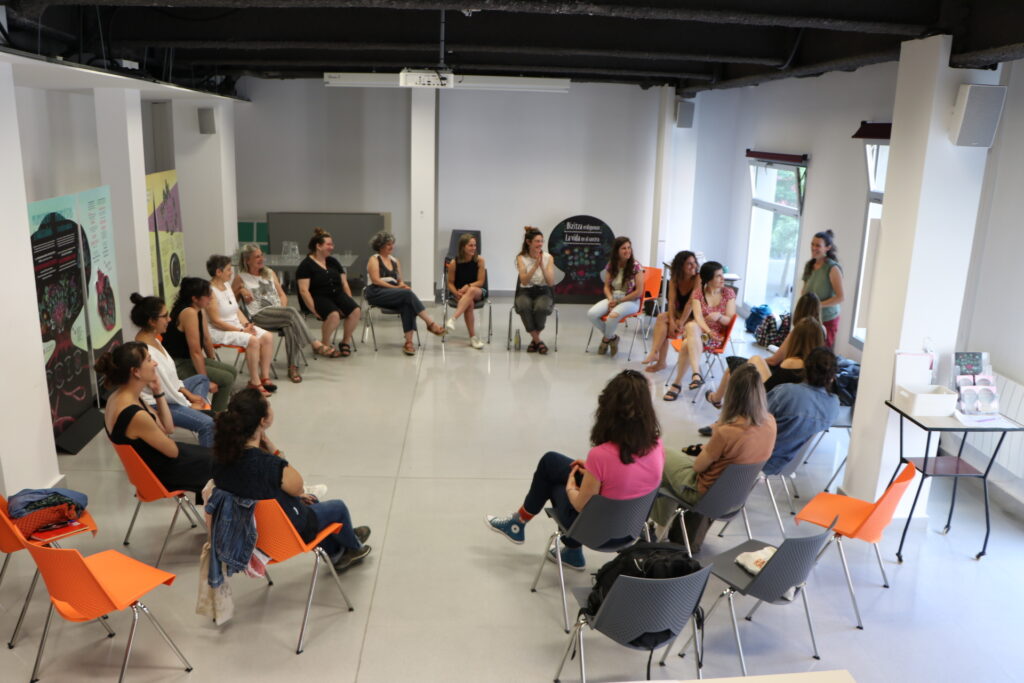
Facilitate team and group cooperation and efficiency
Group Facilitation Tools
These are essential techniques and skills for fostering harmonious and effective collective participation in various organisational and community contexts. These tools help to better understand group dynamics, encourage participatory decision-making and cultivate conscious and assertive communication. They also address the management of emotions within groups, conflict transformation, and the exploration of shared visions, while considering hierarchical structures and power dynamics. Through practical modules, participants learn to use innovative methodologies and approaches to turn group interactions into opportunities for constructive collaboration and collective growth.
altekio methodologies
The following methodologies were developed by Altekio, many of them in collaboration with other European organizations:
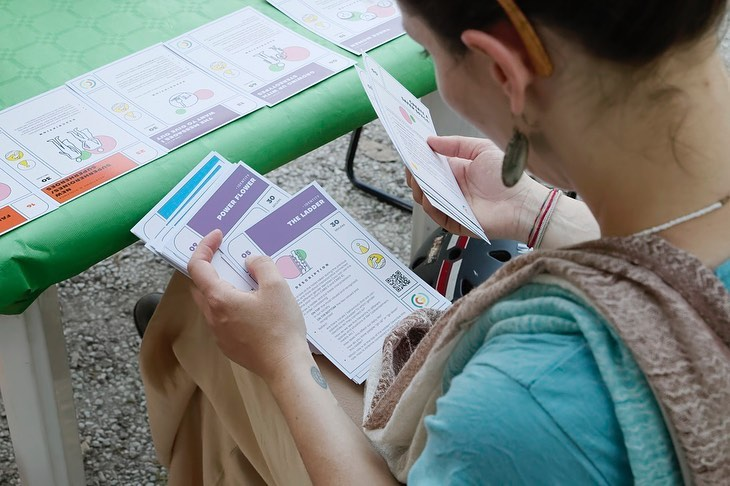
Create spaces for awareness and action towards gender equality
gate process
GATE Process is a social innovation project that aims to raise awareness and drive transformation for gender equality, with a focus on young people.
The work takes place on two levels: at the organisational level, to promote equality in the workplace; and at the personal level, with over 70 creative and experiential activities for use in groups to raise awareness of different aspects of gender socialisation. The aim is to encourage individuals to become active agents of change in transforming our society towards respect and equality.
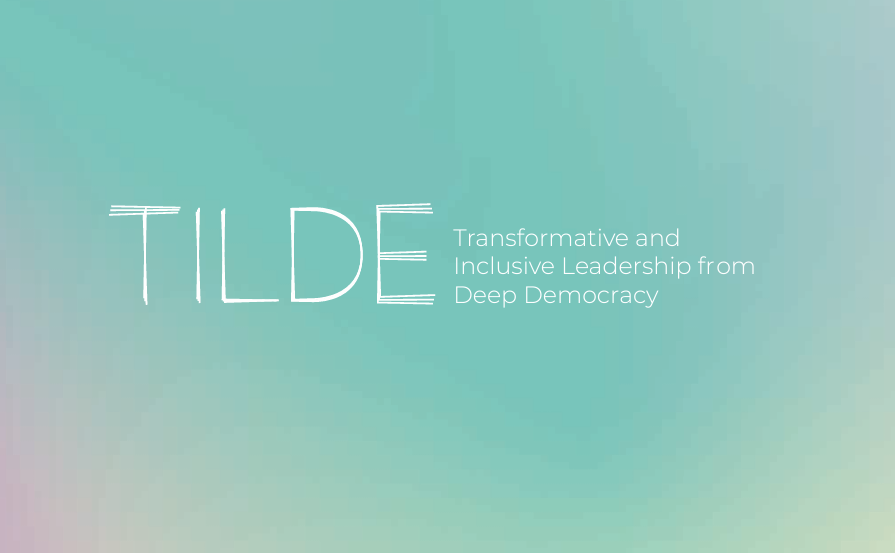
Promote intercultural dialogue and the inclusion of migrants in Europe
TILDE project
TILDE is an innovation project that aims to contribute to social inclusion in Europe, specifically promoting dialogue on migration in European countries through creative processes based on leadership, conflict transformation and creativity. Rooted in Process Work and using Open Forums as its main methodology, TILDE offers a facilitated process to discuss this vital and polarising topic in our society.
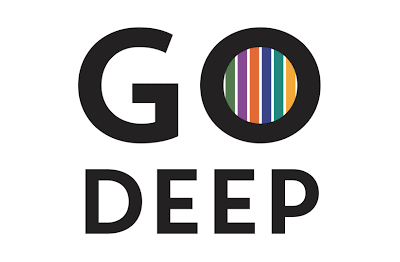
participatory process to strengthen connections and address relational and community dynamics
go deep
Go Deep is a game in which participants learn more about themselves and their communities. It helps individuals and communities to see themselves differently, and to discover inherent resources that are present but sometimes hidden. The Go Deep methodology is a participatory and experiential process that combines two approaches: the Oasis Game (Instituto Elos) and Process Work. It is designed to foster deep self-reflection, communication and community building. Its main goal is to create a space for communities or groups to explore their personal and collective experiences, as well as their emotions and values, in a meaningful way.
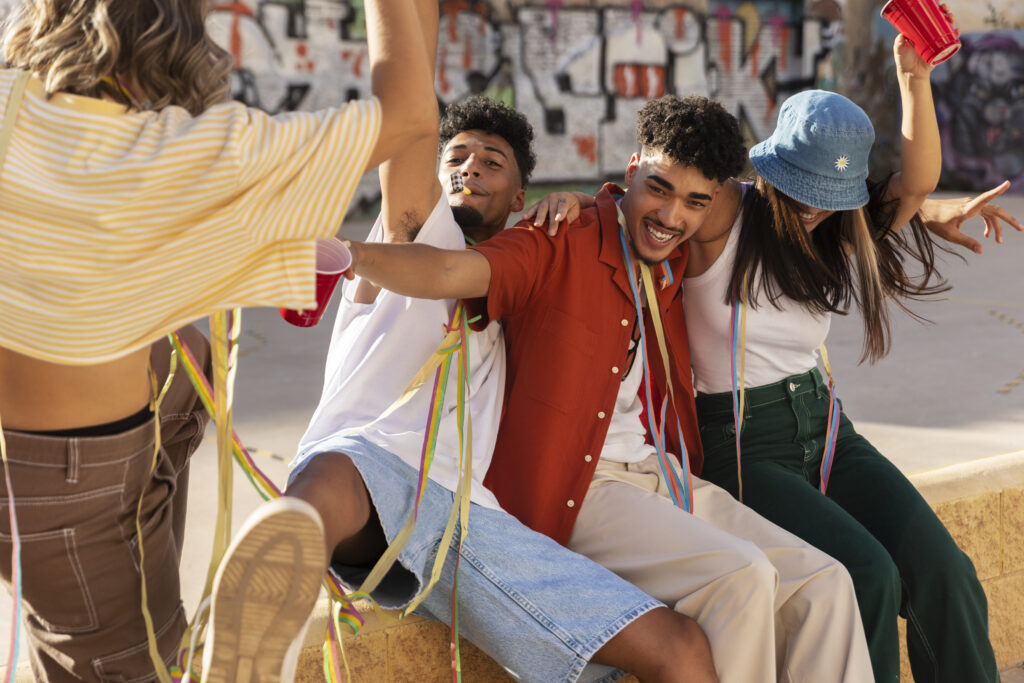
Nature, Art and Movement supporting young people’s personal and social development
nameda
Nature, Arts and Movement for Personal and Social Development is a non-formal education programme for young people, focused on their personal development and social entrepreneurship, using three core tools: nature, art and movement. The programme unfolds as an 11-step journey, guiding a group of young people through different experiences. Its goal is to enable them to live, learn and discover various aspects of themselves while motivating them to design a professional project that inspires them and that they wish to make a reality.
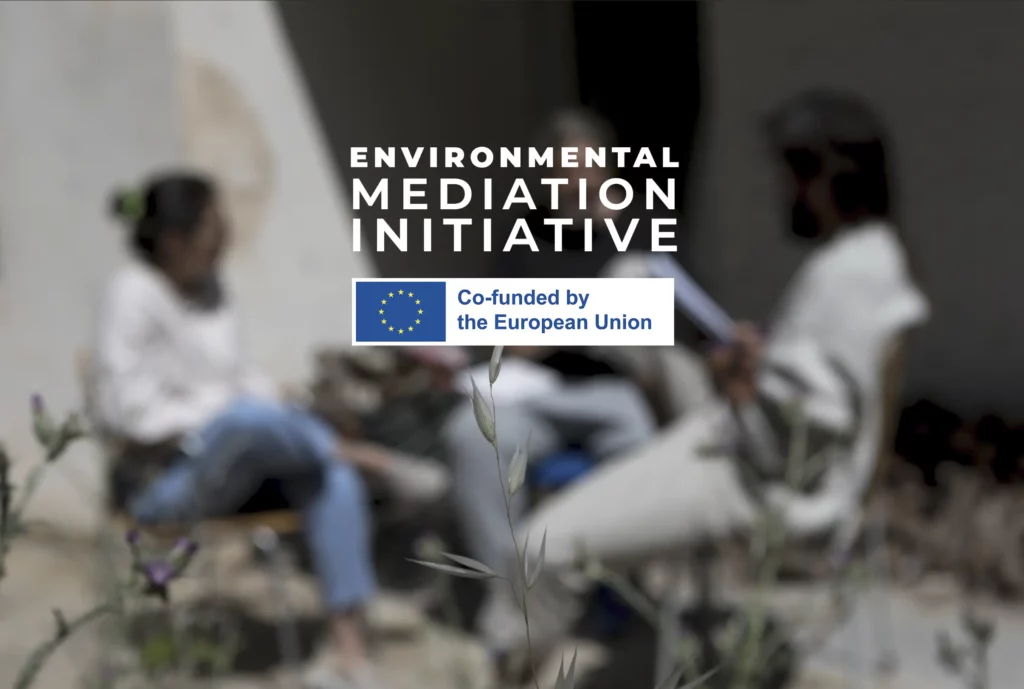
European network for resolving environmental conflicts through mediation
Environmental Mediation Initiative
This is a European network of organisations specialising in environmental conflict mediation. Over the past year, the partners have taken part in an exchange process to share tools, visions, reflections and good practices for addressing environmental conflicts, within the Erasmus+ project “New European Training Curricula for Environmental Conflict Mediation”. As a result of this exchange, two guidance documents were co-produced. These resources are made available to professionals and local authorities to strengthen their skills in managing environmental conflicts.
![altekio [swiss - suisse] - contribuer à la transformation éco-sociale](http://www.altekio.ch/wp-content/uploads/favion-altekio.png)